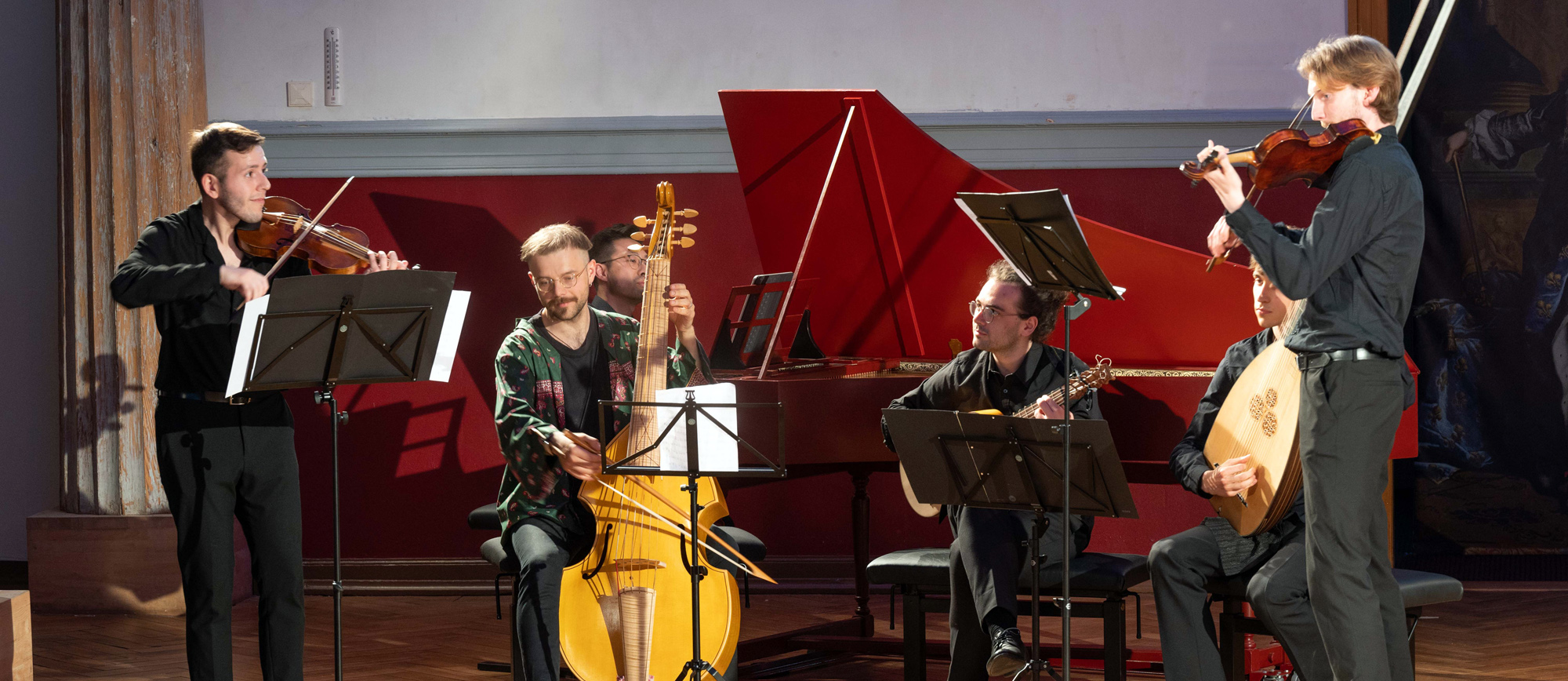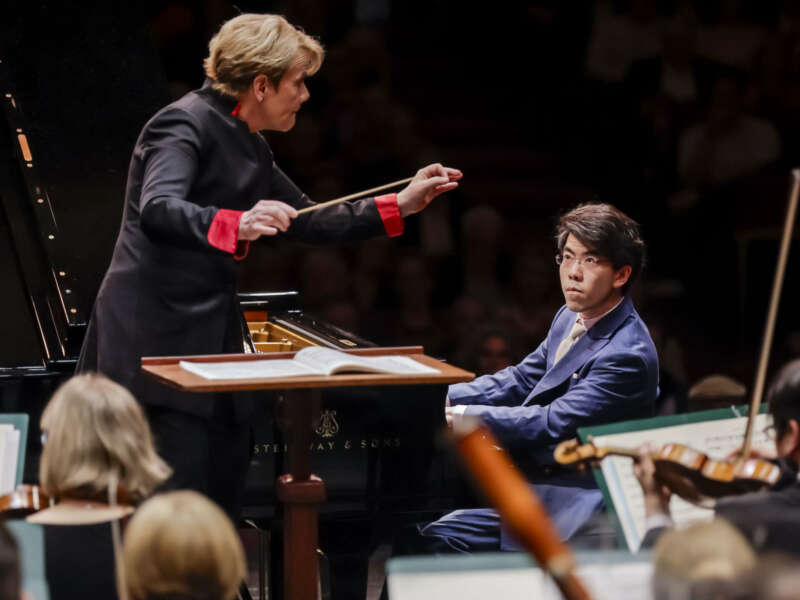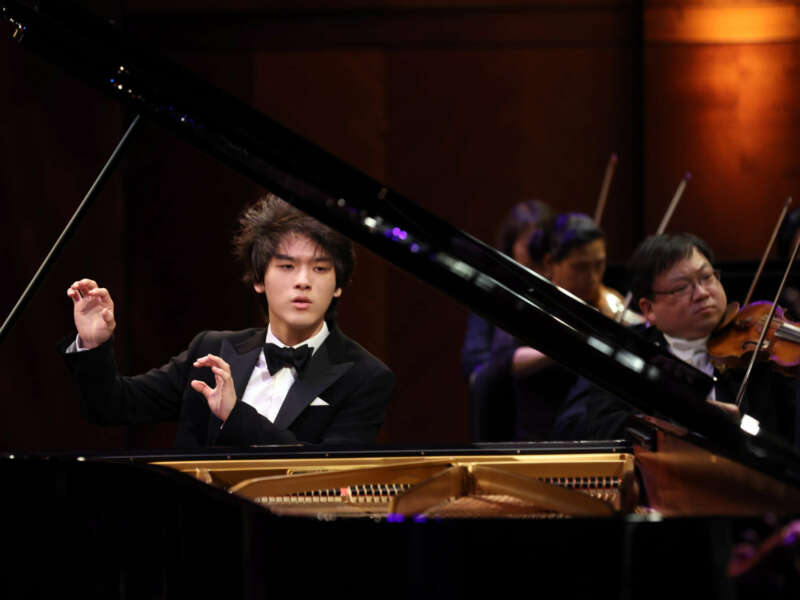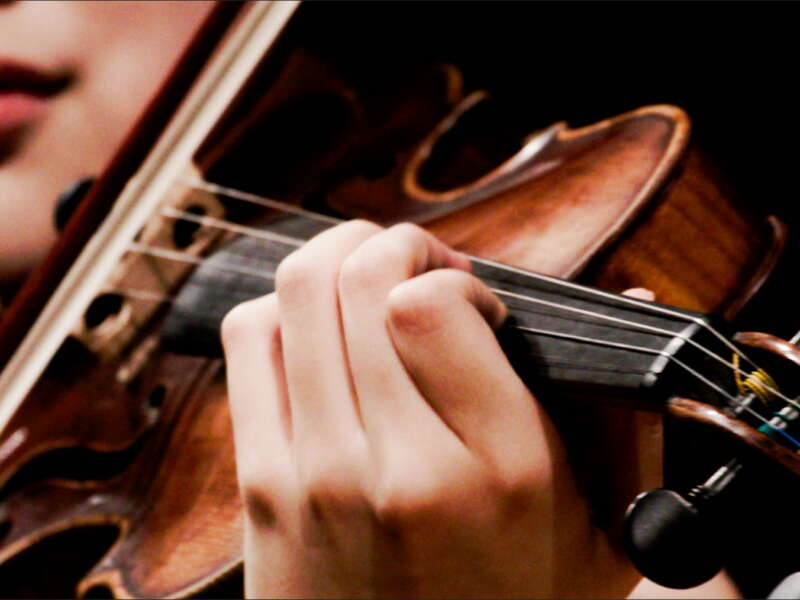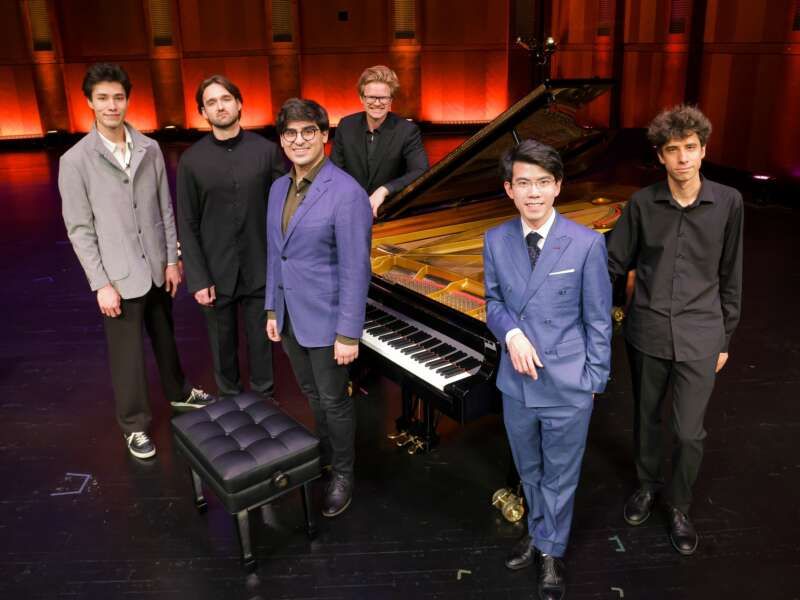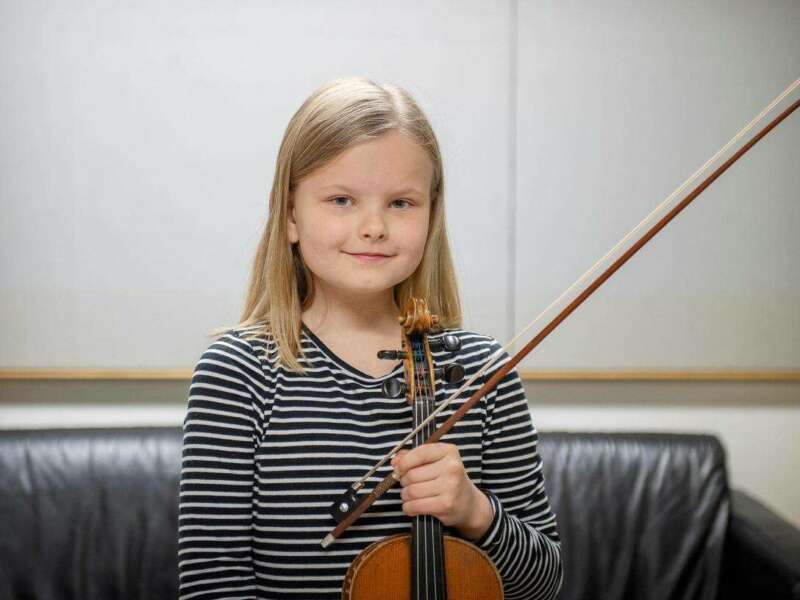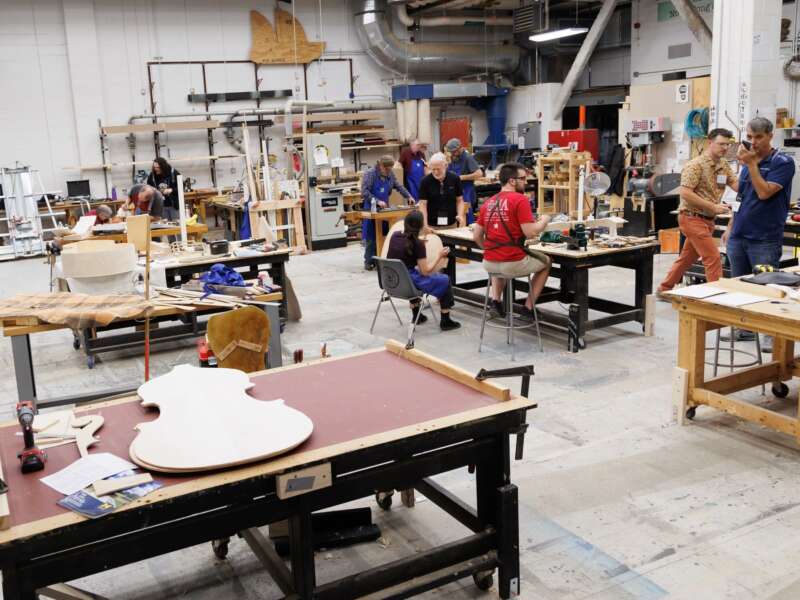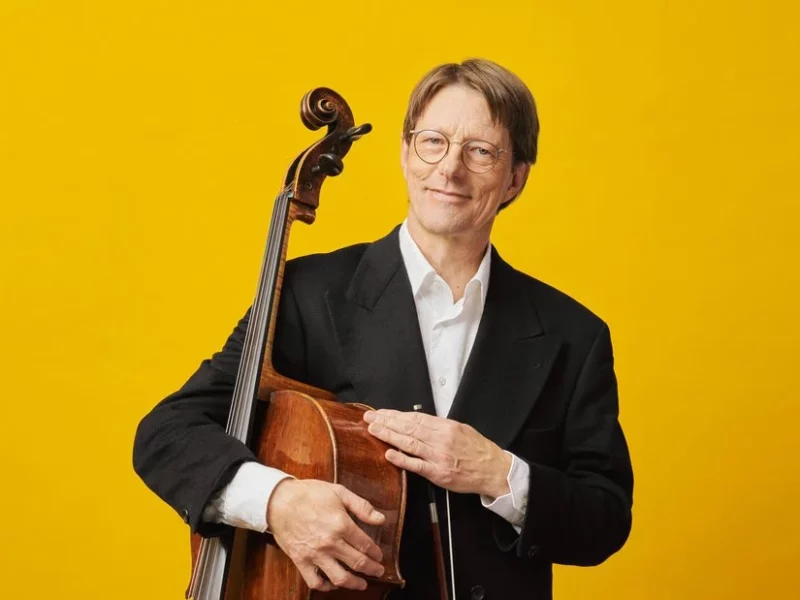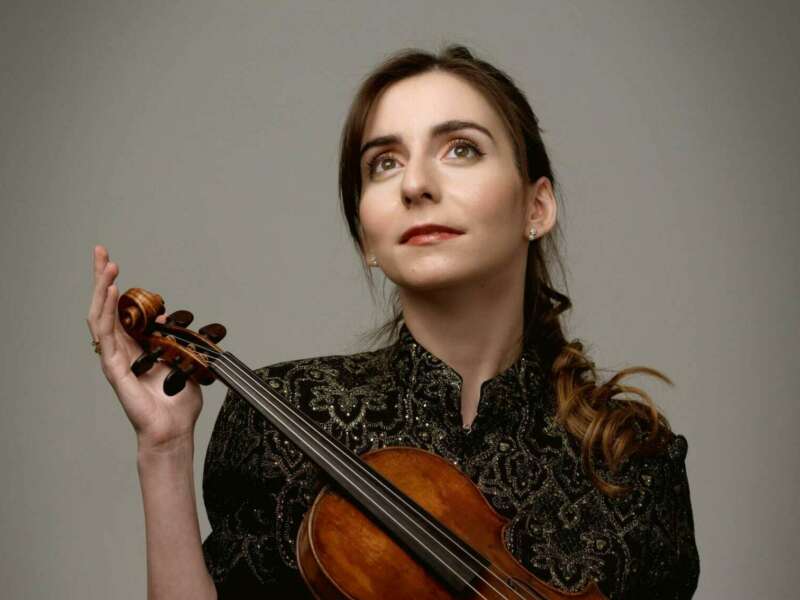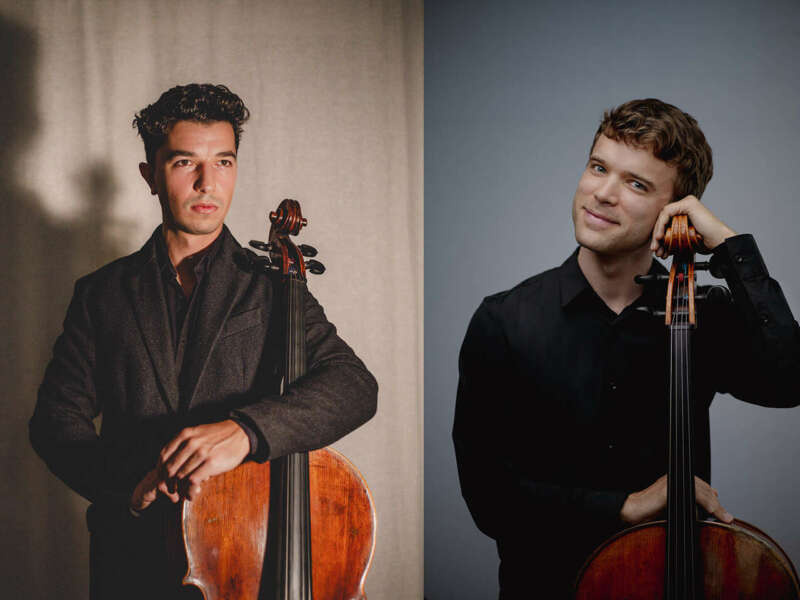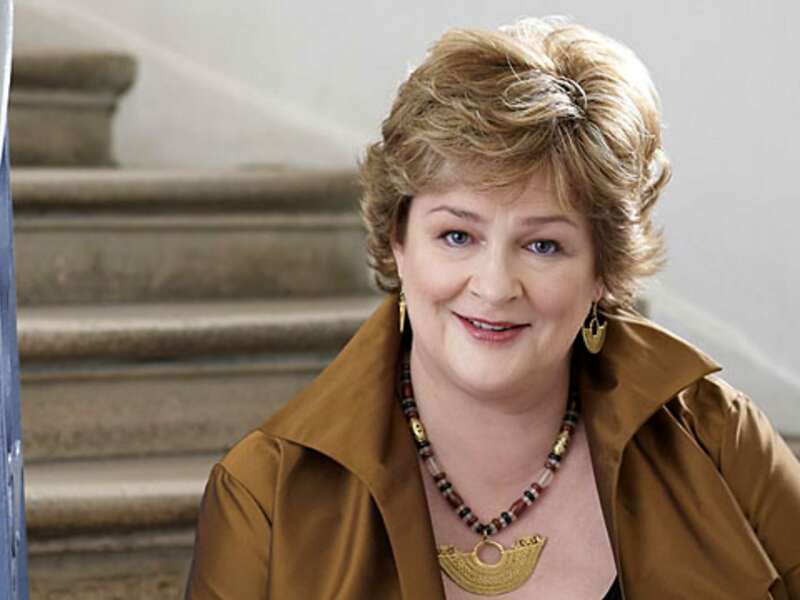University of Music Franz Liszt Weimar Closes its Department of Early Music
The decision from the university’s council and senate will see its early music courses phased out as of 2026
Citing financial constraints as the primary reason, the University Council and Senate of the University of Music Franz Liszt Weimar (HfM Weimar) have announced the closing of its Department of Early Music.
Based on the council’s final decision, early music will only be available at the university as a minor subject. The school’s early music courses will be gradually phased out starting in 2026.
As listed on HfM Weimar’s website, its early music courses include those for recorder, viola da gamba, lirone, violone, baroque violin, baroque viola, baroque violoncello, bass violin, harpsichord, clavichord, early fortepiano, organ, early music ensemble, and chamber music.
More courses include historical improvisation, historical dance, basso continuo sources and practice, tuning early keyboard instruments, source studies, historical organology, performance practice, historical music theory, history of notation, voice, and repetition, among others.
According to Classical 107, the closing of this department has faced criticism, with many claiming that without comprehensive programs, the early music field may face challenges in sustaining an educational framework in future.
A petition launched in May 2024 urging HfM Weimar to rethink its decision to withdraw its early music courses has since been signed by over 31,000 people.
HfM Weimar’s president Anne-Kathrin Lindig is now prioritizing disciplines such as pedagogy, teacher training, cultural management, and specialized subjects like piano, accordion, guitar, organ, and jazz, Backstage Classical reports.
“These plans do not consider the special importance of the Department of Early Music and its existing successes,” the petition wrote in response to Lindig’s prioritizations.
“We demand the preservation of the Department of Early Music at the Franz Liszt University of Music in Weimar,” the petition added. “The closure would not only be a cultural loss for Weimar and Thuringia but would also send a devastating signal to the international music world … A withdrawal from the training and preservation of this musical direction would therefore be short-sighted and irresponsible.”
A representative of the school told The Violin Channel that the decision came as part of a new structure and development plan for the years 2026 to 2030 that is "intended to secure the future of the university and raise the profile of its range of courses." The statement goes on to read:
"The task over the next few years will be to consolidate the university's finances, which have come under pressure due to massively increased costs, while at the same time ensuring meaningful future development in terms of content," says Prof Dagmar Brauns, Vice President for Studies and Teaching. The STEP, which will begin on 1 January 2026, provides for an expansion of study programmes in the field of music education, among other things.
Training in music-related subjects will thus be even more orientated towards social relevance: "There is a great shortage of specialists in German music schools, and there are also too few teachers for the subject of music. Counteracting this is our responsibility and an important component of our work in the coming years," says Prof Juan Garcia, Vice President for Artistic Practice and Research. "Engaging with music and making music together has a unifying effect, music creates community and builds bridges - across borders that perhaps only exist in our heads or actually exist between countries and cultures."
The contents of the STEP draft have been the subject of controversial debate in recent weeks, primarily due to the planned cancellation of the degree programmes in Early Music. According to the resolution, these programmes will accept new students for the last time in the 2026 summer semester. All current and future enrolled students will have the opportunity to complete their studies in an orderly manner. The time until the start of the STEP is to be used to further develop the programme in the field of historical performance practice, which will be available to all students of instrumental and vocal subjects.
"It will be a success of the original sound movement of the 20th century if many more students can benefit from these skills in the future and apply them in their professional practice," says the Chairman of the University Council, who comes from the historical performance practice scene. "We are counting on this model, which we as the Executive Board now have the mandate to develop, to become a pioneering model in Germany. It should equip our students with the skills they increasingly need in today's music world," Vice President Prof Brauns is convinced.
june 2025
july 2025


